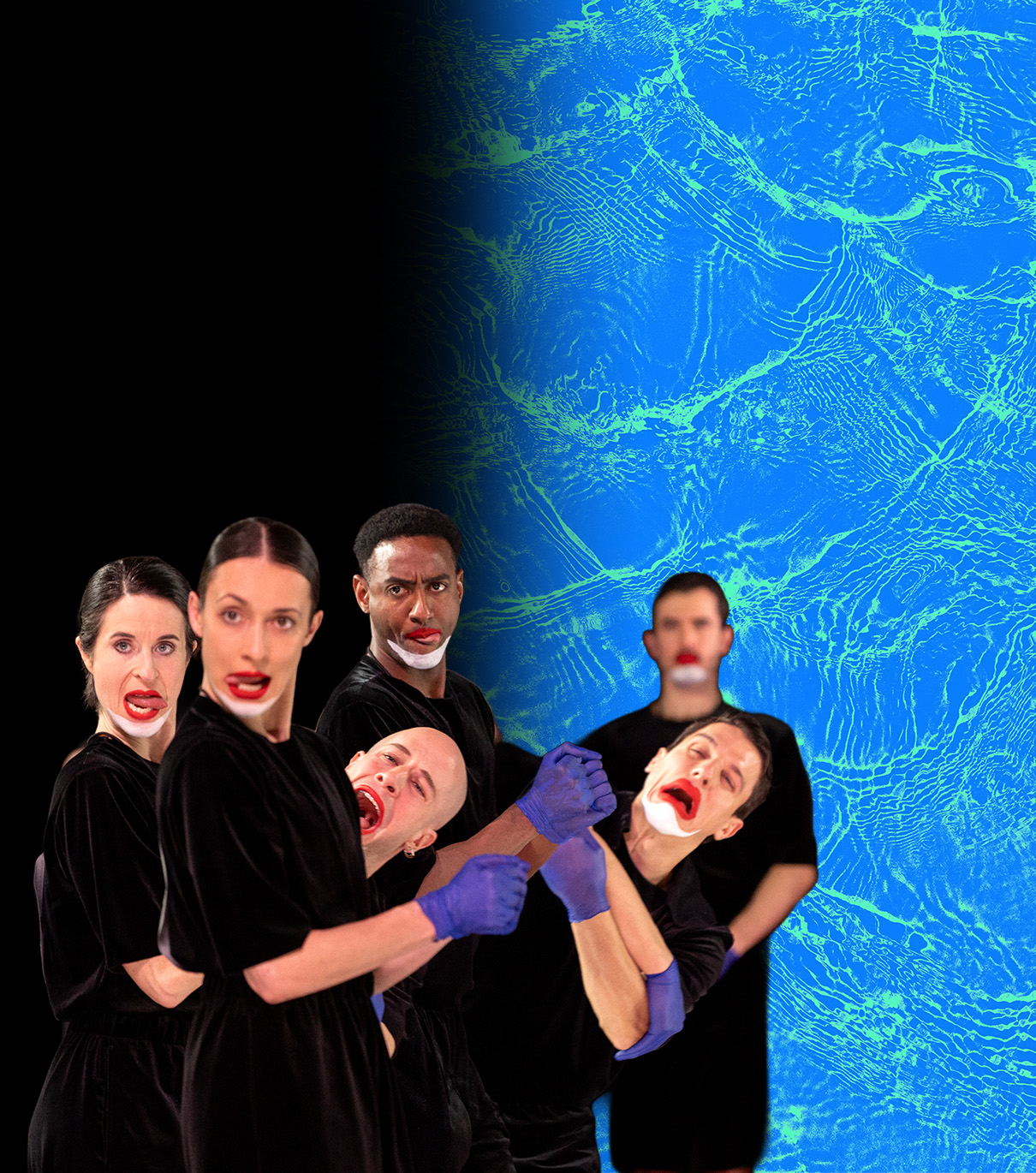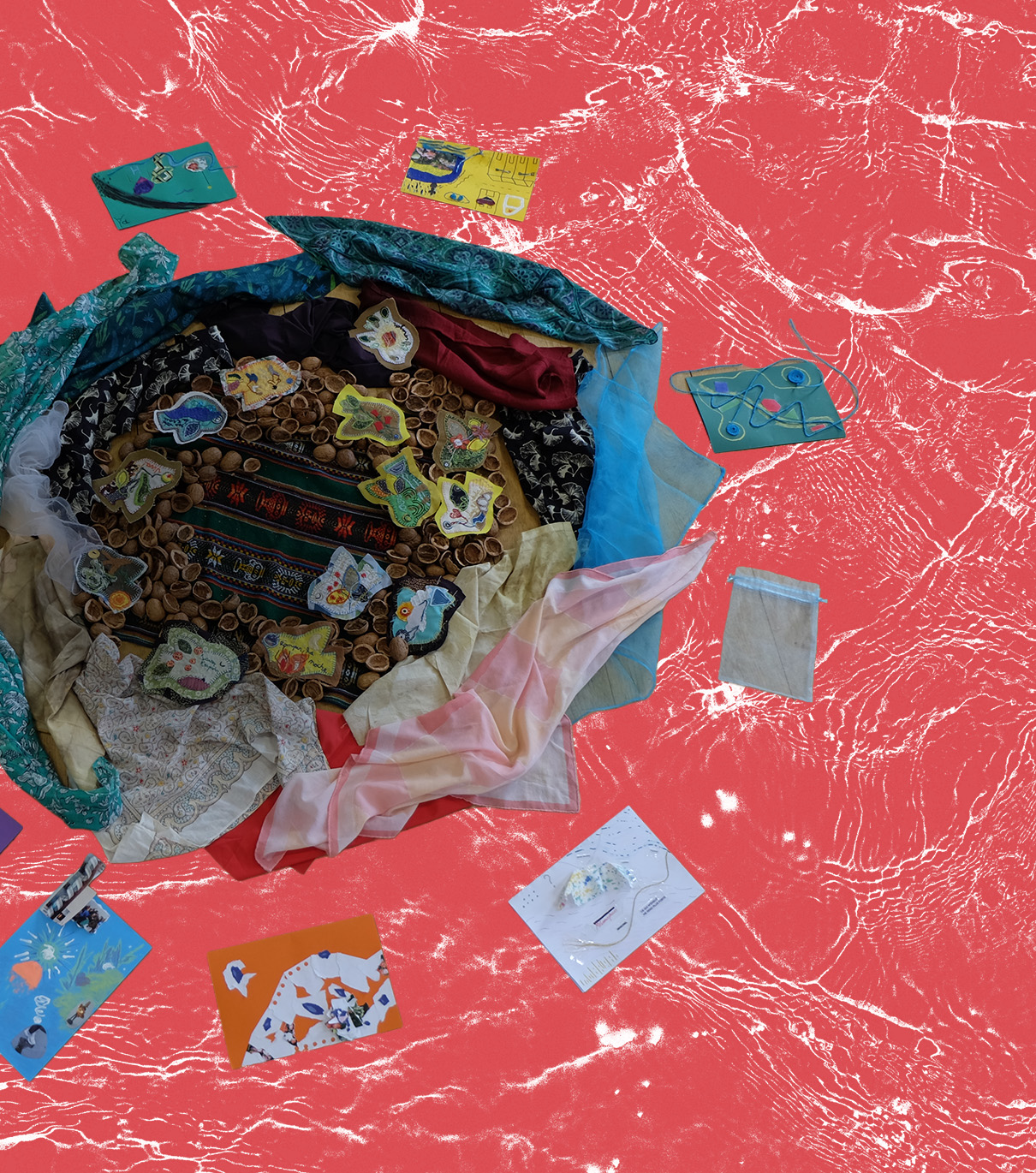Stakeholders
Latitudes Contemporaines (France)
Latitudes Contemporaines is an association founded in 2003 and strategically focuses its work around productions which support emerging artists and its annual festival which relies heavily on culture and mediation as its driving policy.
Each year, the festival is a highlight of the mediation projects undertaken. Since 2010, Latitudes Contemporaines has developed, along with ALEFPA, a social inclusion and employability project for young people through culture by way of professional placements and artistic workshops held during the festival.
Moreover, the various activities undertaken by the association allow it to coordinate and lead initiatives all year round aimed at raising awareness and being involved in artistic practices, and for all public groups (social structures, high schools, schools, universities, prisons).
Finally, Latitudes Contemporaines is heavily committed at European level thanks to large-scale projects which it coordinates or in which it is involved. Since 2008, Latitudes Contemporaines has been leader of the “Open Latitudes” network which brings together nine European structures around a project which is intended to support creation via a European production fund, as well as the promotion of residencies and dissemination of audacious and innovative projects. Latitudes Contemporaines is also one of the key stakeholders in the European “Now” network through working and reflective workshops on new methods of supporting artistic projects at European level.
Research and initiatives: Its experience and expertise naturally place Latitudes Contemporaines as key partner for the “cultural” dimension for social inclusion projects.
ALEFPA (France)
ALEFPA stands for the Secular Association for Education, Training, Protection and Autonomy and is a national public interest association with its head office in Lille and welcomes over 8,000 people into its 118 establishments and services, throughout Mainland France and overseas. These people include children, teenagers and adults (young people between 12 and 21 years old) with disabilities, or major social problems, and in particular children and young people wo are looked after by Social Assistance for Children and Legal Protection. ALEFPA has around 2,000 employees.
In Lille, two establishments are organised in a network – a boarding school and an accommodation service. These establishments are open to young people with social, family and educational difficulties (from 16 to 21 years old), including refugees. This establishment will be particularly involved in the project, even if it is intended to be of use to all services.
Research and initiatives: Reference partner for supporting young people from various backgrounds
Institut Régional du Travail Social (IRTS) (Regional Social Worker Institute)
Hauts-de-France (France)
The IRTS is a professional regional higher education institute which has the dual purpose of promoting and supporting lifelong qualifications for social workers and medico-social workers.
Each year, the IRTS welcomes over 5,000 students across its five training sites. Each site is managed transversally. The IRTS has an Experience and Learning division, and a Research
Division. It adheres to the National Union of Training and Research Associations in Social Working (UNAFORIS) which aims at contributing towards French and European training and educational policies. It develops international placements and projects, undertakes research with trainees in culture and cultural rights, and implements active educational programmes involving young people and resources in the local area, as well as informing people about cultural rights and cultural offers. Finally, it participates in the organisation of a regional biennial conference on culture, as well as in local projects organised by networks involved in social work and culture.
Research and initiatives: Reference partner for research and methodology
International Munich Art Lab (Germany)
The International Munich Art Lab (IMAL) offers a vocational qualification and artistic productions in the visual arts and media sectors as well as performing arts. Since 1996, productions have been performed in close dialogue with artists. Consequently, the young people are actively involved at all stages of production. Classes and workshops take place in small groups and guarantee individual follow up. Company placements also foster practical experience and concrete work on artistic projects.
The young people involved are also led to participate in professional meetings, to develop various tools (for instance a CV). IMAL provides an approach which combines pedagogy and aesthetic methodology, to respond to the challenges observed in the educational background of underprivileged youngsters, in urban settings, and also refugees, who more often than not do not speak German. By combining social work with artistic production, IMAL opens up professional perspectives to young unemployed people. Receiving advice from artists and monitored by social workers, young people are helped in constructing a genuine professional pathway, as well as fostering their social inclusion. IMAL promotes cultural education and creativity as fundamental values of society and personal development.
Research and initiatives: Reference partner for the participation of young people and artistic processes
Tyne & Wear Archives & Museums (UK)
Tyne & Wear Archives & Museums (TWAM) is a major regional museum, which combines a network of nine museums and art galleries as well as an Archive service, managed on behalf of five local authorities in the Tyne and Wear region and Newcastle University. The collections include works of major international importance related to art, science, technology, archaeology, natural sciences, military history, society and fashion. TWAM is funded by the Arts Council England.
TWAM is involved in a host of cultural projects intended for many different public groups, from young people to older members of the population, as well as people with disabilities and social problems. They have developed many pedagogical tools and a methodology based on participative projects. Their main aim is to assist individuals in determining their place in society, helping them to define their identity in respect to themselves and others. Cultural diversity lies at the core of self-development
and integration. The network plays host to 1.6 million visitors per year from a regional population of 1.1 million people!
Research and initiatives: Reference partner for methodologies and assessment





